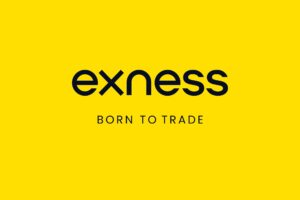Exness and XM are among the most prominent brokers in the global online trading industry. Both have carved niches with robust offerings and reliable services. However, their differences in trading conditions, platforms, and account features can significantly influence a trader’s experience. This analysis delves deeply into each broker’s offerings to provide an expanded view for informed decision-making.
Regulatory Framework and Trustworthiness
Exness Regulation and Licenses
Founded in 2008, Exness is regulated by multiple global authorities, ensuring safety and transparency in trading. The broker holds licenses from:
- FCA (UK): A top-tier regulator, ensuring high compliance standards.
- CySEC (Cyprus): European oversight for transparency and investor protection.
- FSCA (South Africa): Adds regional trust in Africa.
- FSA (Seychelles), CBCS (Curaçao): Broader global outreach with flexible conditions.
XM Regulation and Licenses
XM, established in 2009, also adheres to stringent regulations:
- CySEC (Cyprus): Ensures compliance with EU trading regulations.
- ASIC (Australia): High standards for client fund security.
- FCA (UK): Provides reliability for European clients.
- IFSC (Belize): Expands global accessibility with flexible conditions.
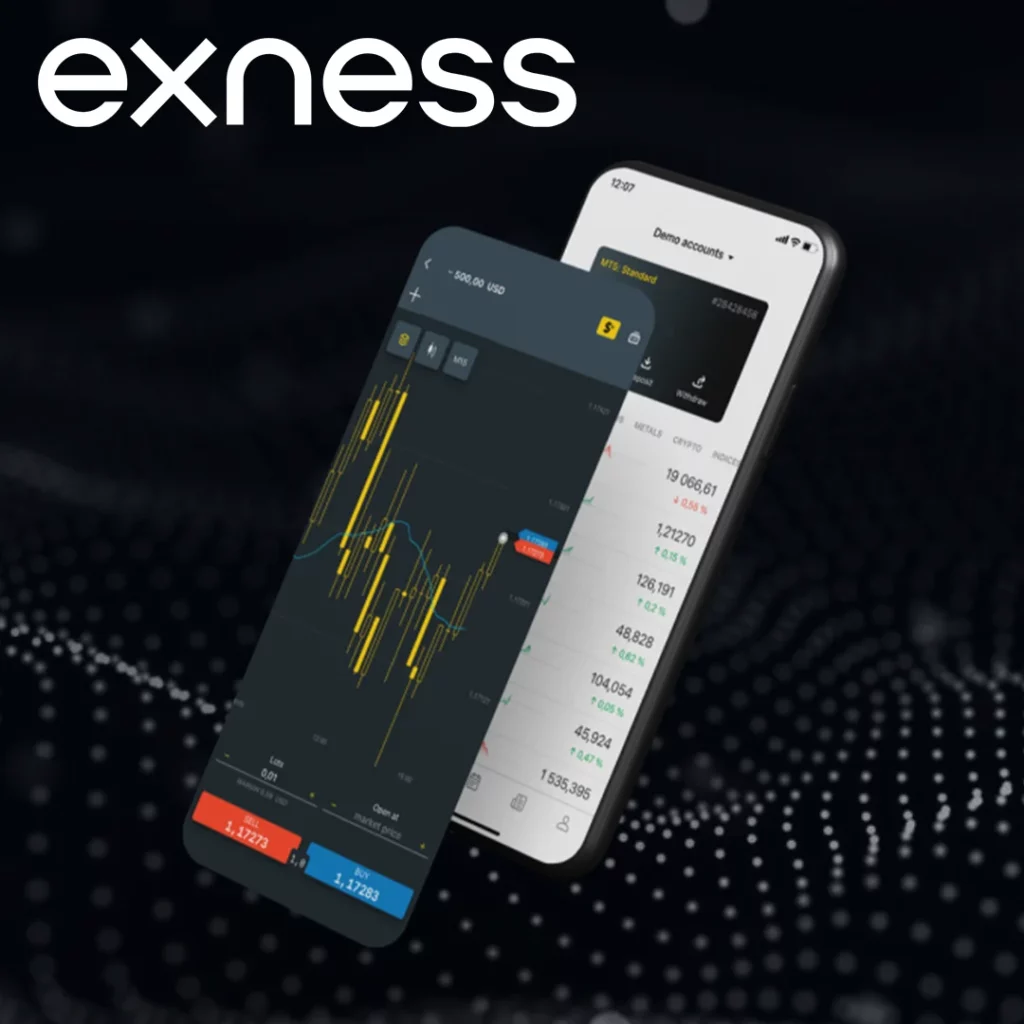
Key Differences in Regulation
Exness covers more jurisdictions and offers services like unlimited leverage in less-regulated regions. XM focuses on client education and strict compliance, making it appealing for traders seeking regulatory assurance.
Trading Platforms: Tools for Every Trader
Exness Platforms
Exness supports the widely used MetaTrader 4 (MT4) and MetaTrader 5 (MT5) platforms, known for their versatility and comprehensive trading tools. Additionally, Exness offers:
- Exness Terminal: A proprietary web-based platform with enhanced analytics.
- Mobile Trading: Intuitive apps available for Android and iOS.
XM Platforms
XM also offers MT4 and MT5, along with its proprietary WebTrader, designed for seamless browser-based trading. Mobile trading apps are optimized for both platforms, providing flexibility for on-the-go traders.
Platform Features Comparison
- Customization: Both brokers provide tools like Expert Advisors (EAs) and custom indicators.
- Speed: Exness is known for faster order execution (<25 ms), compared to XM’s 40 ms.
- Accessibility: XM’s WebTrader offers more beginner-friendly navigation, while Exness caters to advanced users with technical trading needs.
Account Types and Conditions
Exness Account Offerings
Exness provides a diverse range of accounts, including:
- Standard Cent: Ideal for beginners with a $1 minimum deposit.
- Standard: Low spreads starting at 0.3 pips.
- Raw Spread: Tight spreads from 0.0 pips, a $3.5 commission per lot.
- Zero Account: Specifically designed for institutional-grade traders with zero spreads on select instruments.
XM Account Offerings
XM caters to a broader audience with simpler tiers:
- Micro Account: Perfect for small-scale traders, offering micro-lot trading.
- Standard Account: Flexible for medium-scale trading with a $5 minimum deposit.
- XM Ultra-Low Account: Competitive spreads starting at 0.6 pips.
- Islamic Accounts: Swap-free options for traders adhering to Sharia law.
Account Comparison
Exness takes the lead for professional traders with advanced account types, while XM simplifies its offerings for easy onboarding of newer traders.
Leverage and Risk Management
Exness Leverage
One of Exness’s standout features is its unlimited leverage, particularly attractive for high-risk trading strategies. This feature is available in jurisdictions with relaxed regulatory frameworks, allowing traders to maximize returns with minimal capital.
XM Leverage
XM provides leverage up to 1:888, striking a balance between risk and trading flexibility. This cap adheres to stricter regulatory standards, ensuring client protection.
Key Takeaway
While Exness’s leverage policy attracts experienced risk-takers, XM’s approach is better suited for traders emphasizing risk management.
Financial Instruments and Market Access
Exness Trading Instruments
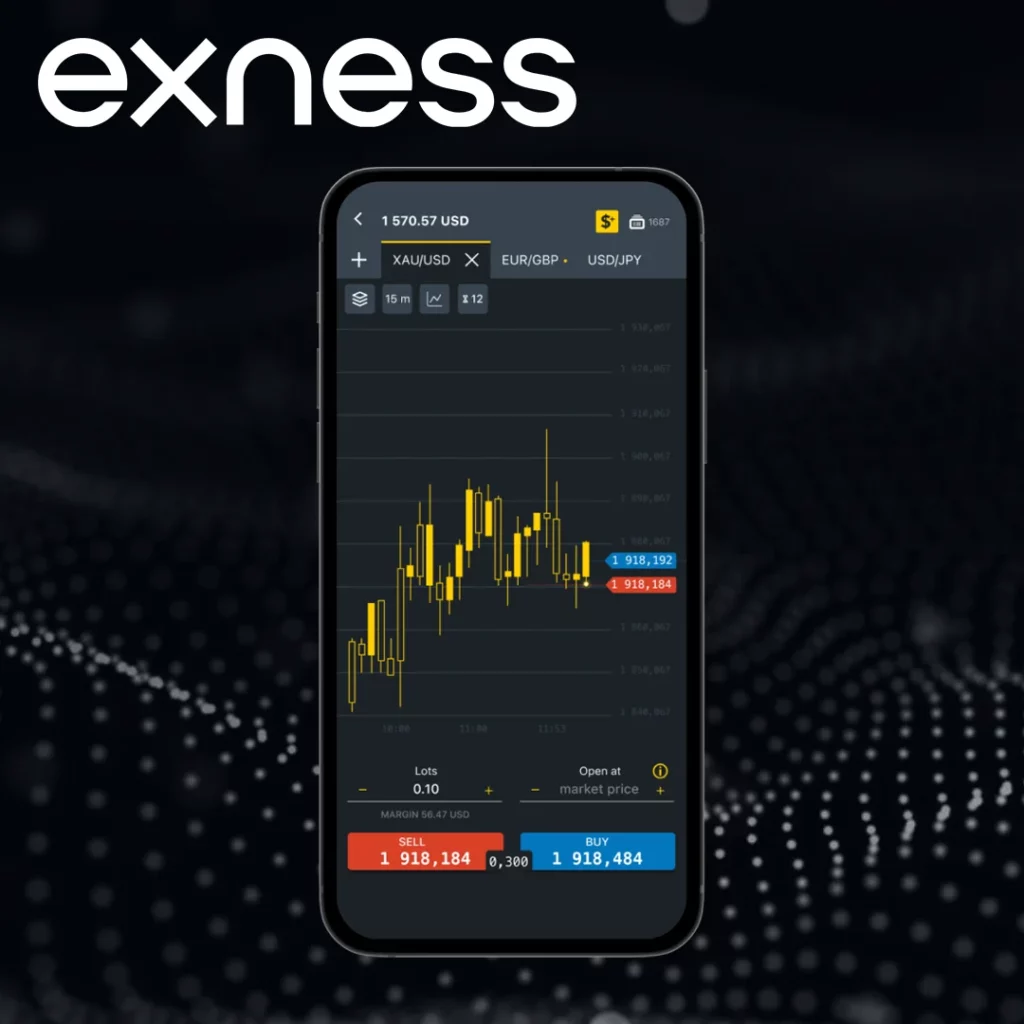
Exness offers over 200 instruments, including:
- Forex: 100+ pairs, including majors, minors, and exotics.
- Cryptocurrencies: Bitcoin, Ethereum, and emerging coins.
- Indices: Key indices like NASDAQ and Dow Jones.
- Stocks: 100+ global stocks in CFD form.
- Metals and Energies: Gold, silver, crude oil, and natural gas.
XM Trading Instruments
XM provides a broader range of assets in some categories:
- Forex: 55+ pairs, mainly majors and minors.
- Stocks: Over 1,000 CFDs, covering diverse industries.
- Metals and Energies: Limited to gold, silver, Brent, and WTI.
Comparison of Instrument Availability
Exness excels in cryptocurrencies and indices, while XM offers a broader stock portfolio, making it better for equity-focused traders.
Trading Costs and Execution Speed
Exness Costs
- Spreads: As low as 0.0 pips on Raw and Zero accounts.
- Commissions: $3.5 per lot for Raw Spread accounts.
- Swap Fees: None for specific instruments.
XM Costs
- Spreads: Start at 0.6 pips for ultra-low accounts.
- Commissions: Applicable for specific account types, competitive rates.
- Swap Fees: Available on most accounts, though Islamic accounts waive these.
Execution Speed Comparison
Exness outperforms XM with faster execution speeds, making it ideal for scalpers and high-frequency traders.
Deposits, Withdrawals, and Payment Flexibility
A seamless deposit and withdrawal system is a cornerstone for traders, enabling quick access to funds and uninterrupted trading. Here’s an expanded comparison of Exness and XM in this area.
Exness Payment System
Instant Withdrawals
Exness stands out with its instant withdrawal feature, which processes most transactions within seconds, even during weekends and holidays. This makes it highly convenient for traders who need immediate access to their funds for reinvestment or personal use.
Supported Payment Methods
Exness supports a diverse range of deposit and withdrawal methods, catering to global clients:
- Bank Transfers: Available for local and international transactions.
- Credit and Debit Cards: Compatible with Visa and Mastercard.
- E-Wallets: Includes Skrill, Neteller, and Perfect Money, known for fast processing times.
- Cryptocurrencies: Bitcoin and other crypto options allow traders to operate without traditional banking delays.
Processing Times and Fees
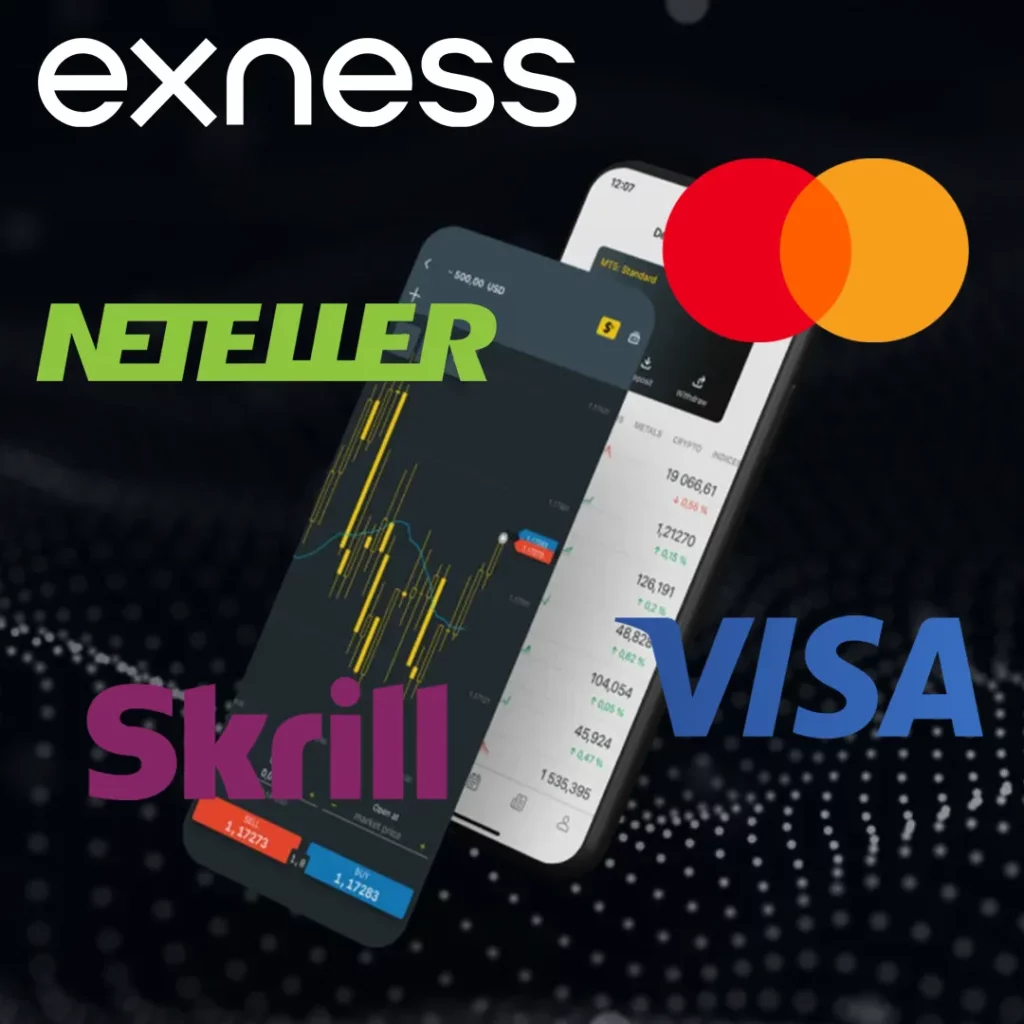
- Deposit Time: Almost instantaneous for all methods.
- Withdrawal Time: Instant for most methods, subject to account verification.
- Fees: Exness does not charge deposit or withdrawal fees. However, third-party fees (e.g., bank transfer charges) may apply.
Minimum Deposit
Exness has one of the lowest entry barriers in the industry:
- Standard and Cent Accounts: Minimum deposit is just $1, making it ideal for beginners.
XM Payment System
Withdrawal Speed
XM processes withdrawals within 24 hours during business days. While not instant, this timeframe is competitive compared to industry standards.
Supported Payment Methods
XM also offers a broad range of payment options, ensuring accessibility:
- Bank Transfers: Allows both local and international transactions.
- Credit/Debit Cards: Includes Visa, Mastercard, and Maestro.
- Local Payment Providers: XM supports various regional methods tailored to specific countries, such as online banking and payment gateways.
Processing Times and Fees
- Deposit Time: Typically instant for card and e-wallet transactions; bank transfers may take 2–5 business days.
- Withdrawal Time: Usually processed within 24 hours; however, bank transfers might take longer.
- Fees: XM covers all deposit and withdrawal fees, ensuring traders keep 100% of their funds. Third-party charges may still apply for specific methods.
Minimum Deposit
XM’s deposit requirement varies by account type:
- Micro and Standard Accounts: Minimum deposit starts at $5.
- Ultra-Low Accounts: Minimum deposit starts at $50.
Transaction Cost and Efficiency Comparison
| Feature | Exness | XM |
| Minimum Deposit | $1 for Standard and Cent Accounts | $5 for Micro and Standard Accounts |
| Withdrawal Speed | Instant (for most methods) | Within 24 hours |
| Deposit Fees | None | None |
| Withdrawal Fees | None | None |
| Payment Methods | 20+ (including crypto) | 15+ (including local providers) |
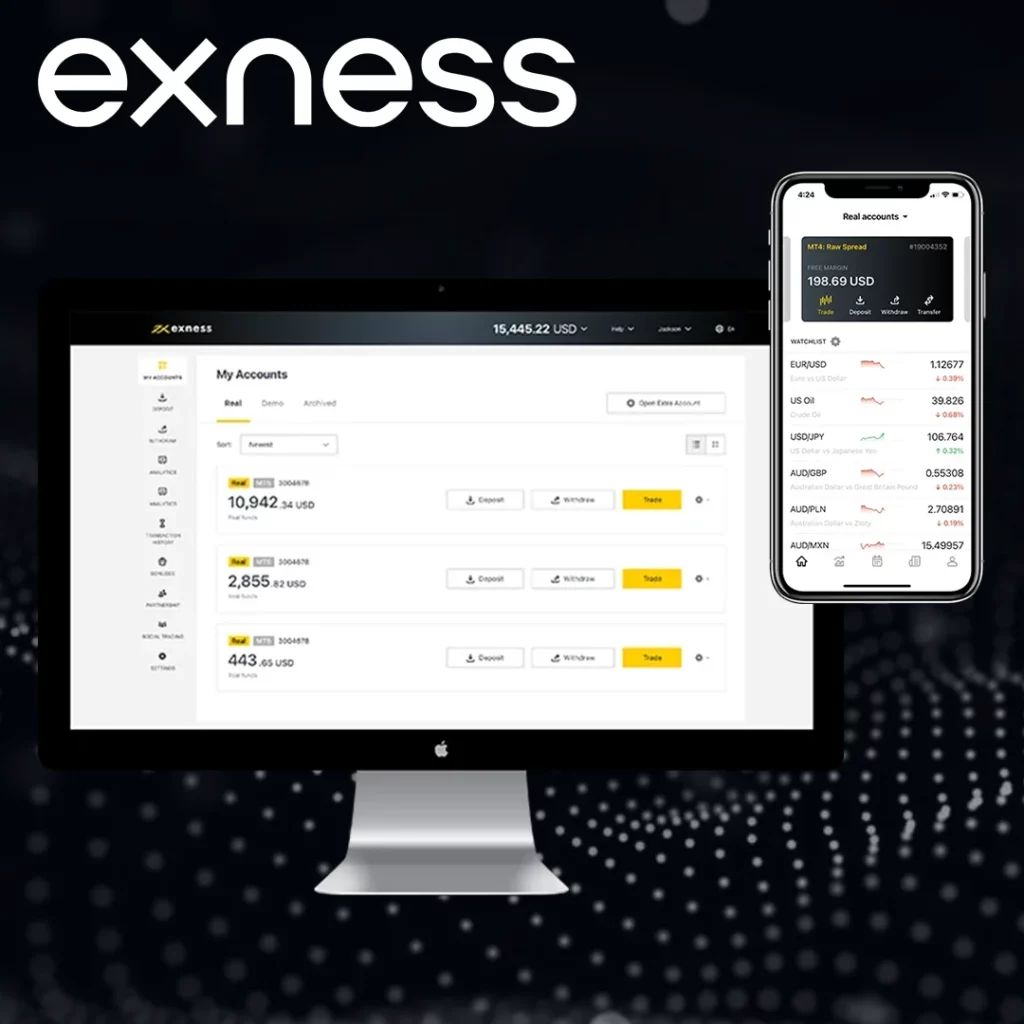
Research, Education, and Support
Exness equips traders with:
- Market insights through daily analysis.
- Calculators and tools for better risk management.
- 24/7 multilingual support.
XM focuses heavily on education:
- Free weekly webinars in multiple languages.
- Comprehensive video tutorials and courses.
- Economic calendars and signals for trade timing.
While Exness provides continuous support, XM emphasizes onboarding and educating traders, making it more accessible for beginners.
Key Differentiators: Exness vs XM
- Leverage Options
Exness dominates with its unlimited leverage, ideal for high-risk, high-reward strategies. XM’s capped leverage is safer for traders with moderate risk appetites. - Execution Speed
Exness is tailored for professionals seeking near-instant order execution, while XM’s slightly slower execution suits traditional retail traders. - Instrument Diversity
Exness leads in crypto and forex offerings. XM excels in equities, providing unmatched diversity in stock CFDs. - Cost Efficiency
Exness’s tighter spreads and commission-free Standard accounts offer superior cost efficiency for volume traders.
Corporate and Partner Programs
Exness Partnership Benefits
Exness provides lucrative opportunities for partners:
- High Revenue Sharing: Up to 40% of spread revenue shared with partners.
- Transparent Reporting Tools: Real-time access to performance metrics.
- Dedicated Support: A dedicated team ensures seamless affiliate operations.
XM Affiliate Program
XM offers one of the industry’s most recognized affiliate programs:
- Multi-Tier Commission Structures: Allows affiliates to earn from sub-affiliate activity.
- Comprehensive Marketing Materials: Tools to support successful client acquisition.
- Monthly Competitions: Exclusive incentives for top-performing affiliates.
These additional sections offer deeper insights, making the comparison richer and more beneficial for readers.
Conclusion: Choosing the Right Broker
- For Scalpers and Professionals: Exness is a natural choice, offering superior execution, flexible leverage, and a range of professional tools.
- For Beginners and Equity Traders: XM stands out with its educational resources, user-friendly platforms, and extensive stock CFDs.
By understanding these differences, traders can align their needs with the broker that offers the best-suited conditions. Both Exness and XM are reliable, and the decision ultimately hinges on trading goals and preferences.

Trade with a trusted broker Exness today
See for yourself why Exness is the broker of choice for over 800,000 traders and 64,000 partners.
FAQ
How fast are withdrawals processed by Exness and XM?
Exness processes most withdrawals instantly, even on weekends, while XM typically completes withdrawals within 24 hours on business days.



